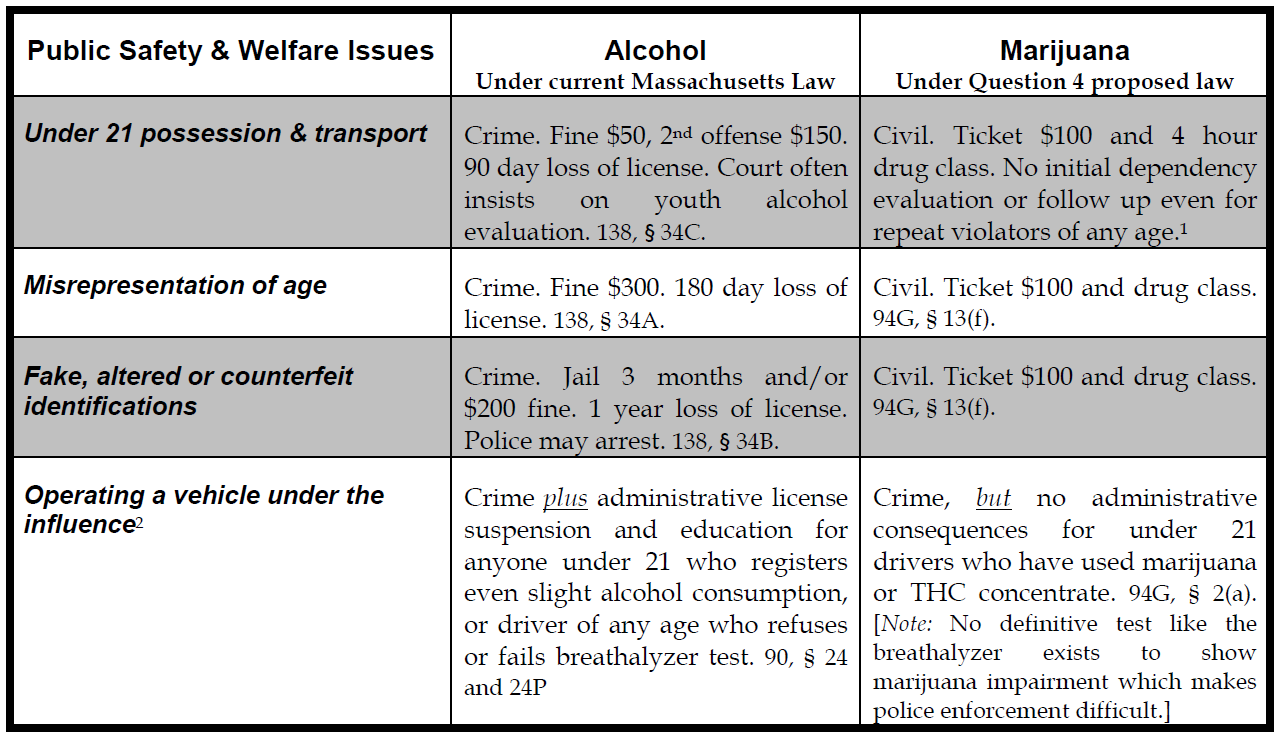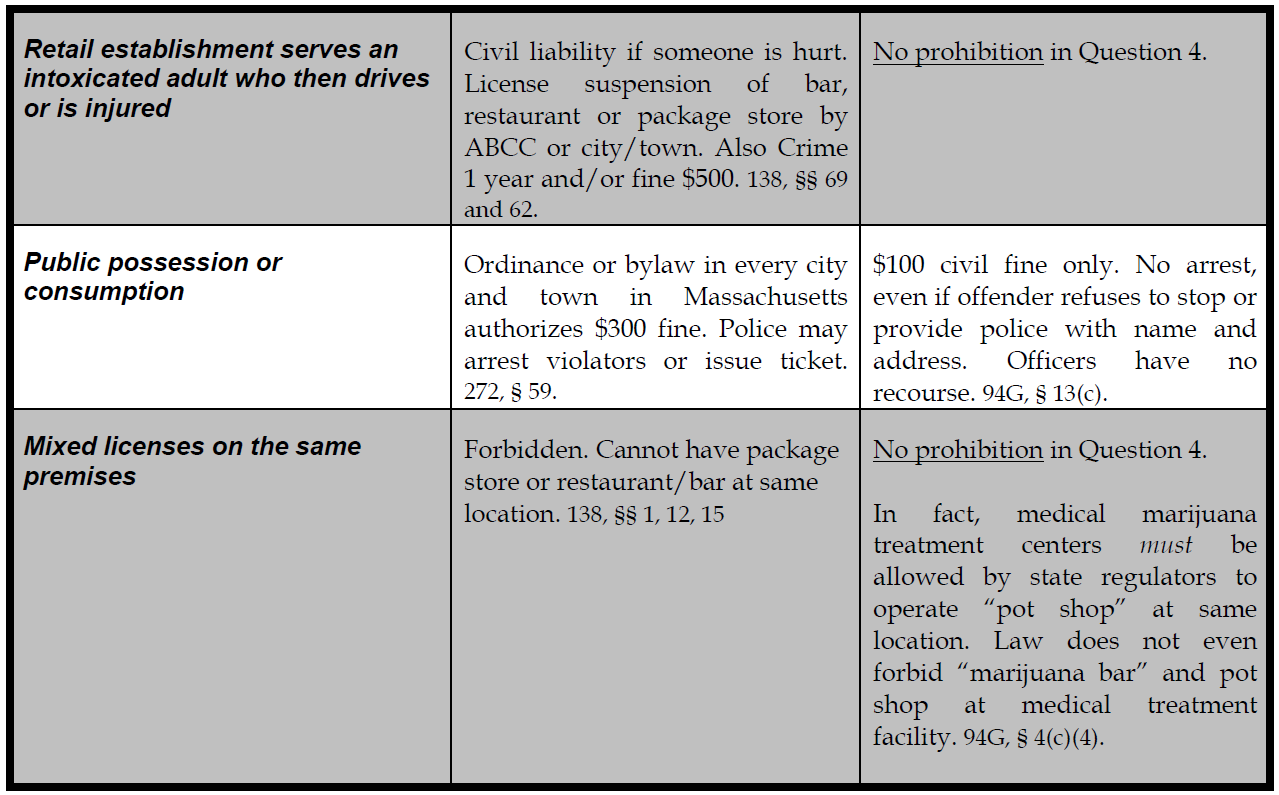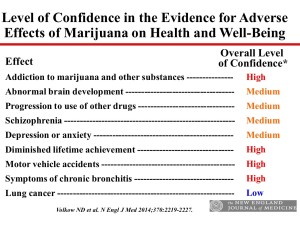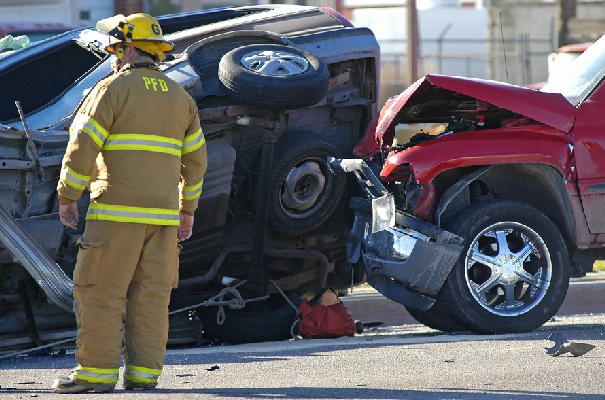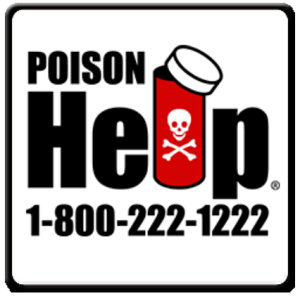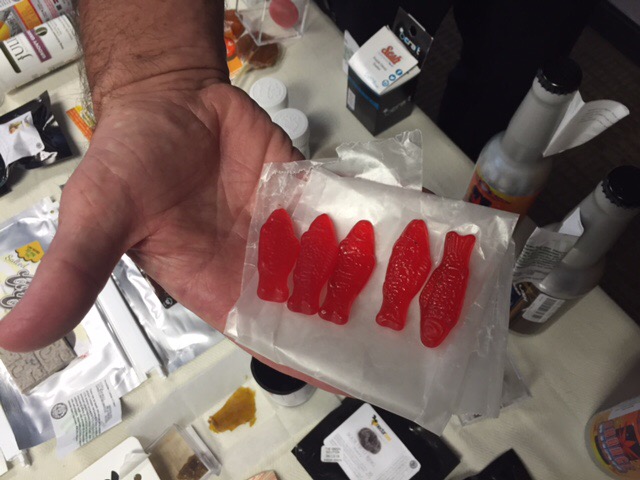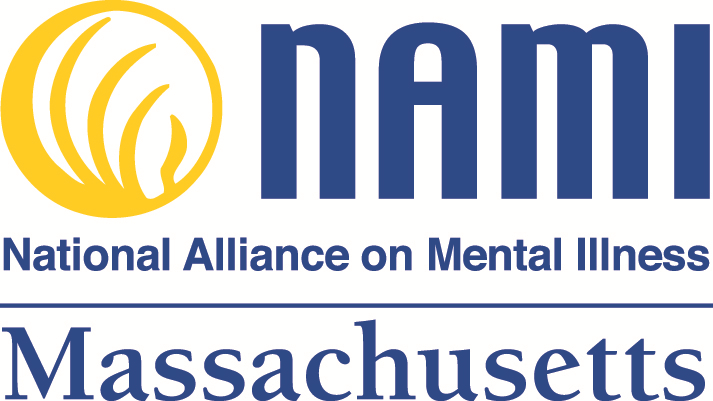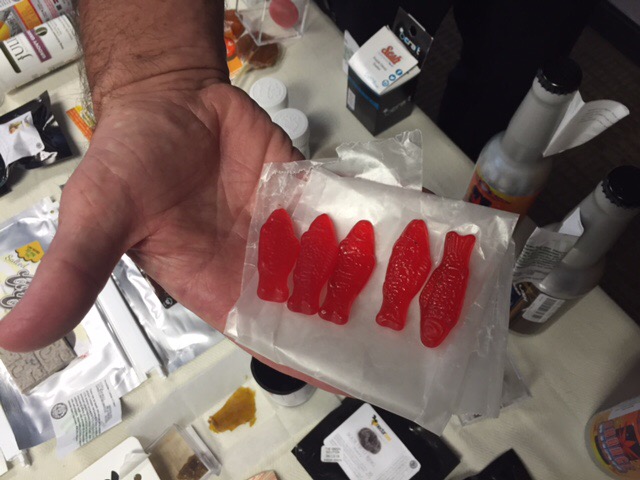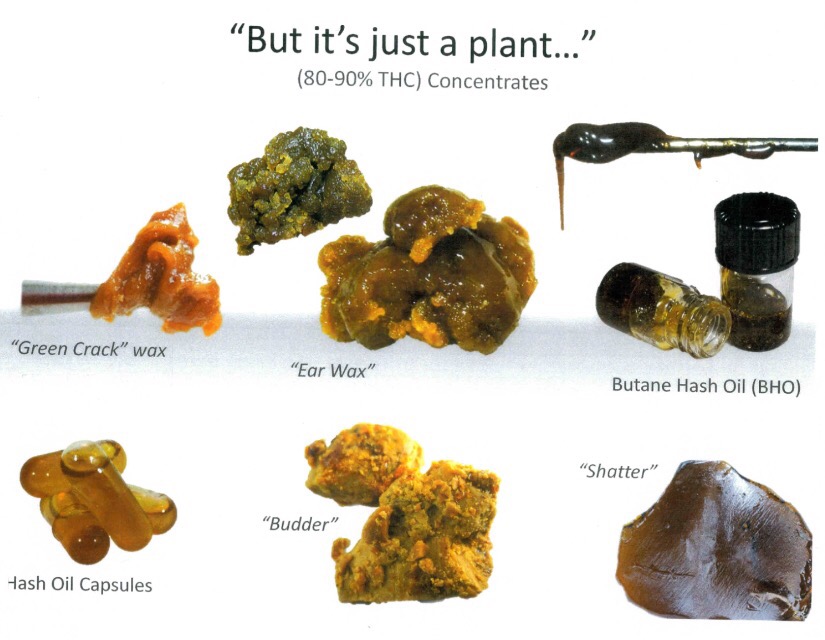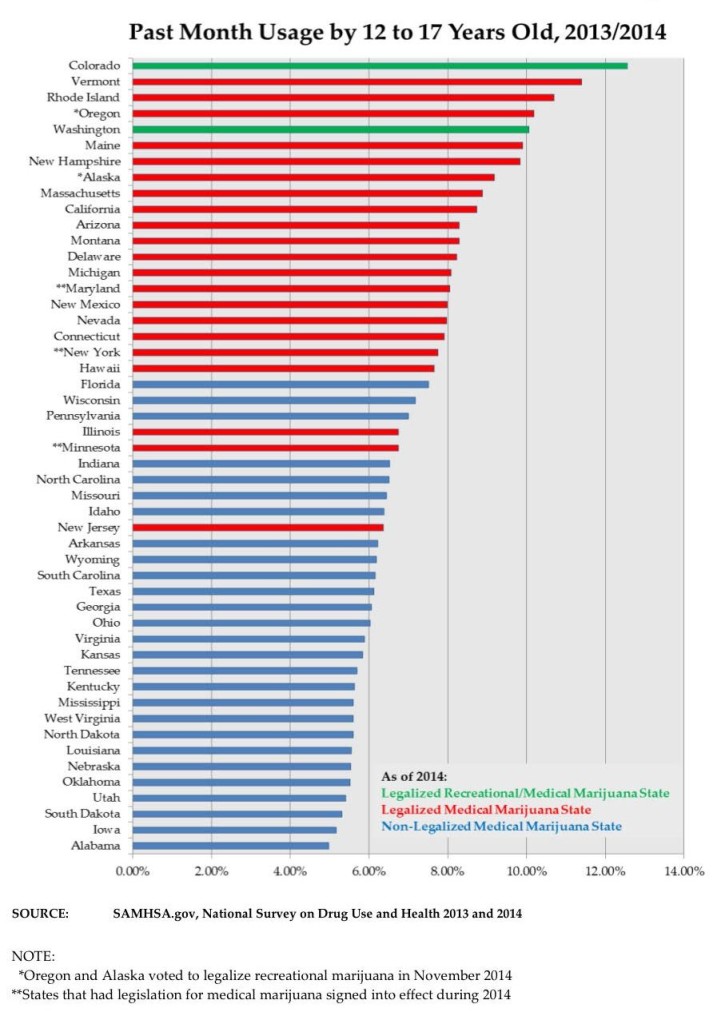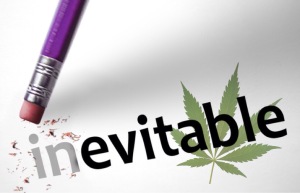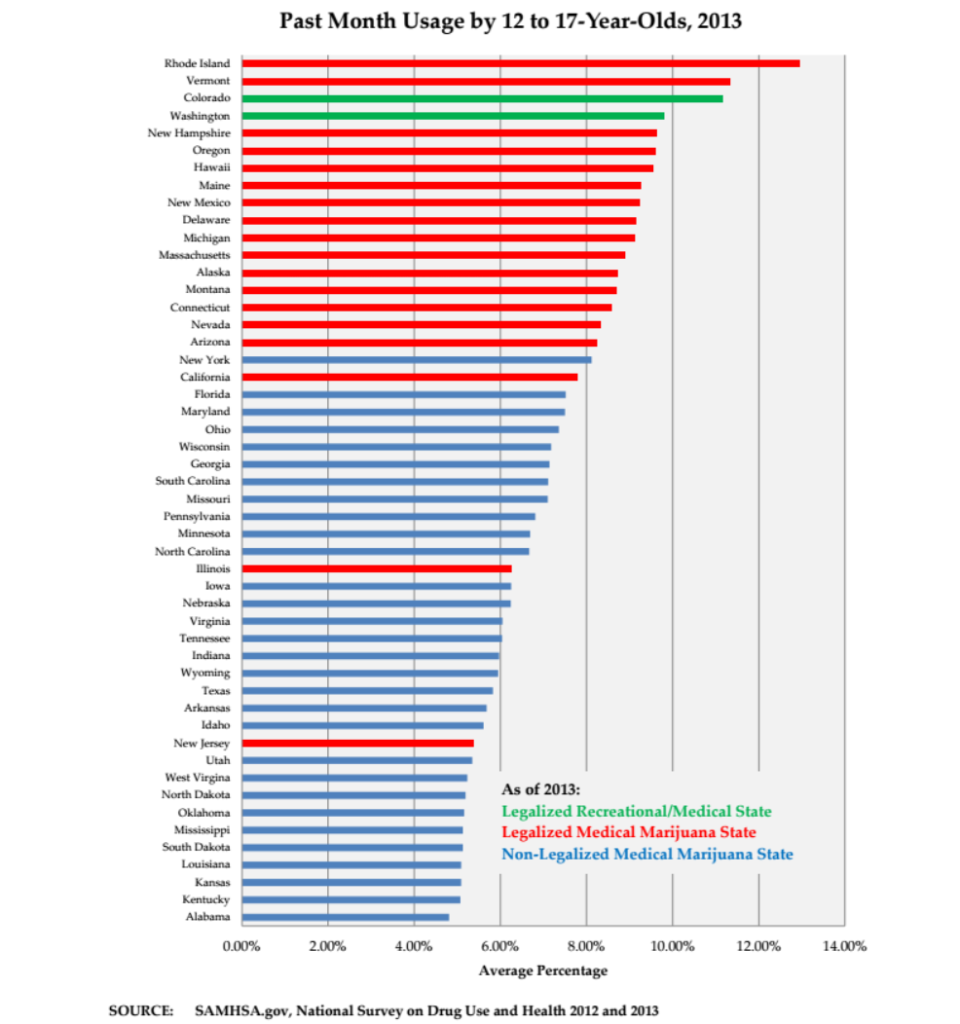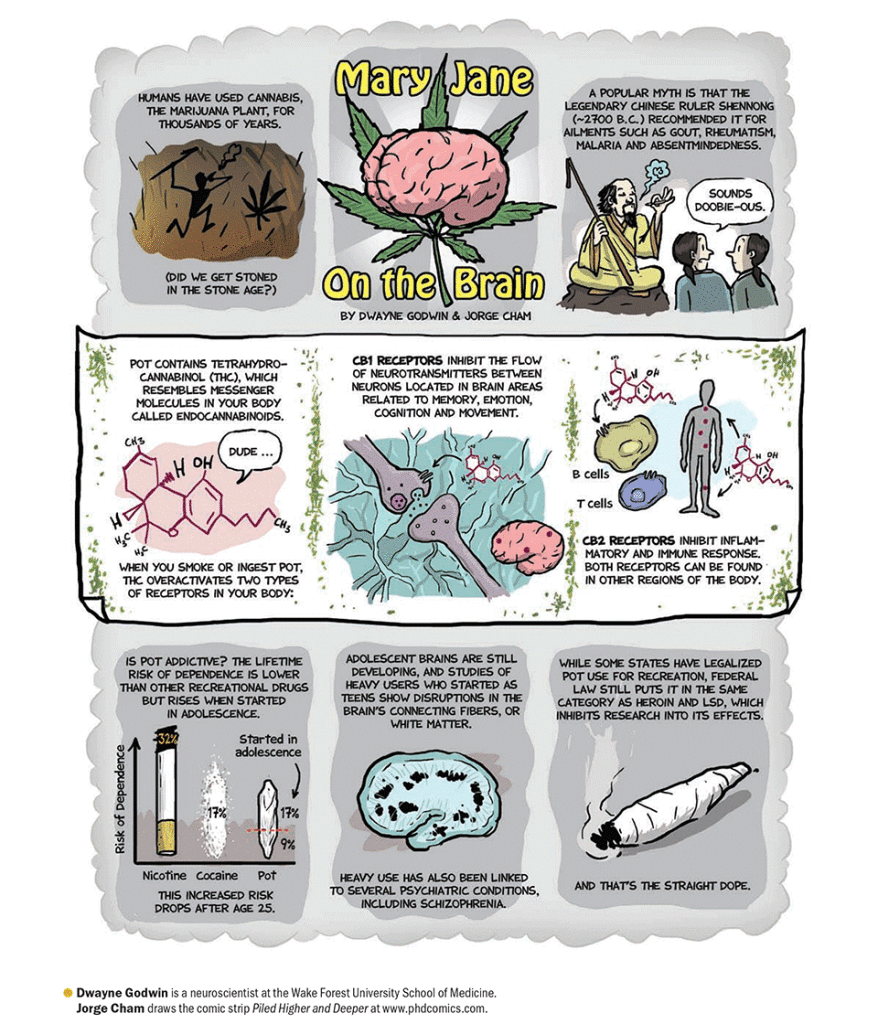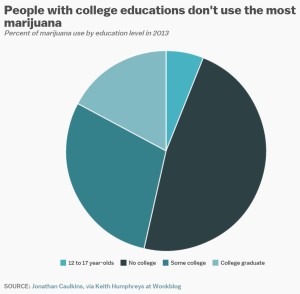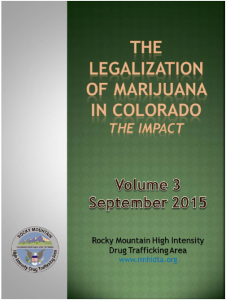Get, and share, their booklet here
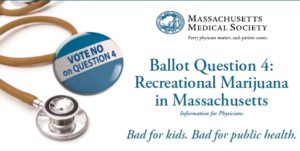 While the Yes On 4 campaign uses deceitful and confusing TV ads featuring “doctors” to push full-blown, commercialized, retail recreational bud, concentrate, edible THC-infused food and other high-potency marijuana-derived products, our real doctors are urging their colleagues, and all voters, to Vote No on Question 4 in Massachusetts. They join the Campaign for a Safe and Healthy Massachusetts and eight other Massachusetts-based physicians groups on a massive list list of those opposed. In a new booklet distribute to their entire membership, and available here, MMS cites high-potency THC products, low tax rate, lack of public health oversight, lack of revenue earmarked for education, prevention and treatment, limits on local control, and highly problematic personal cultivation, the doctors organization among their reasons for opposition and sum up their position as follows:
While the Yes On 4 campaign uses deceitful and confusing TV ads featuring “doctors” to push full-blown, commercialized, retail recreational bud, concentrate, edible THC-infused food and other high-potency marijuana-derived products, our real doctors are urging their colleagues, and all voters, to Vote No on Question 4 in Massachusetts. They join the Campaign for a Safe and Healthy Massachusetts and eight other Massachusetts-based physicians groups on a massive list list of those opposed. In a new booklet distribute to their entire membership, and available here, MMS cites high-potency THC products, low tax rate, lack of public health oversight, lack of revenue earmarked for education, prevention and treatment, limits on local control, and highly problematic personal cultivation, the doctors organization among their reasons for opposition and sum up their position as follows:
“The MMS believes the health of the people of Massachusetts, particularly its children, adolescents, and young adults, is at stake with this ballot question,” says President James Gessner, MD in his cover letter.
And, they have good reason to be alarmed. Continue reading Mass Medical Society Believes the Health of The People Is at Stake with Question 4. Urges All Colleagues to “Vote No on 4”





